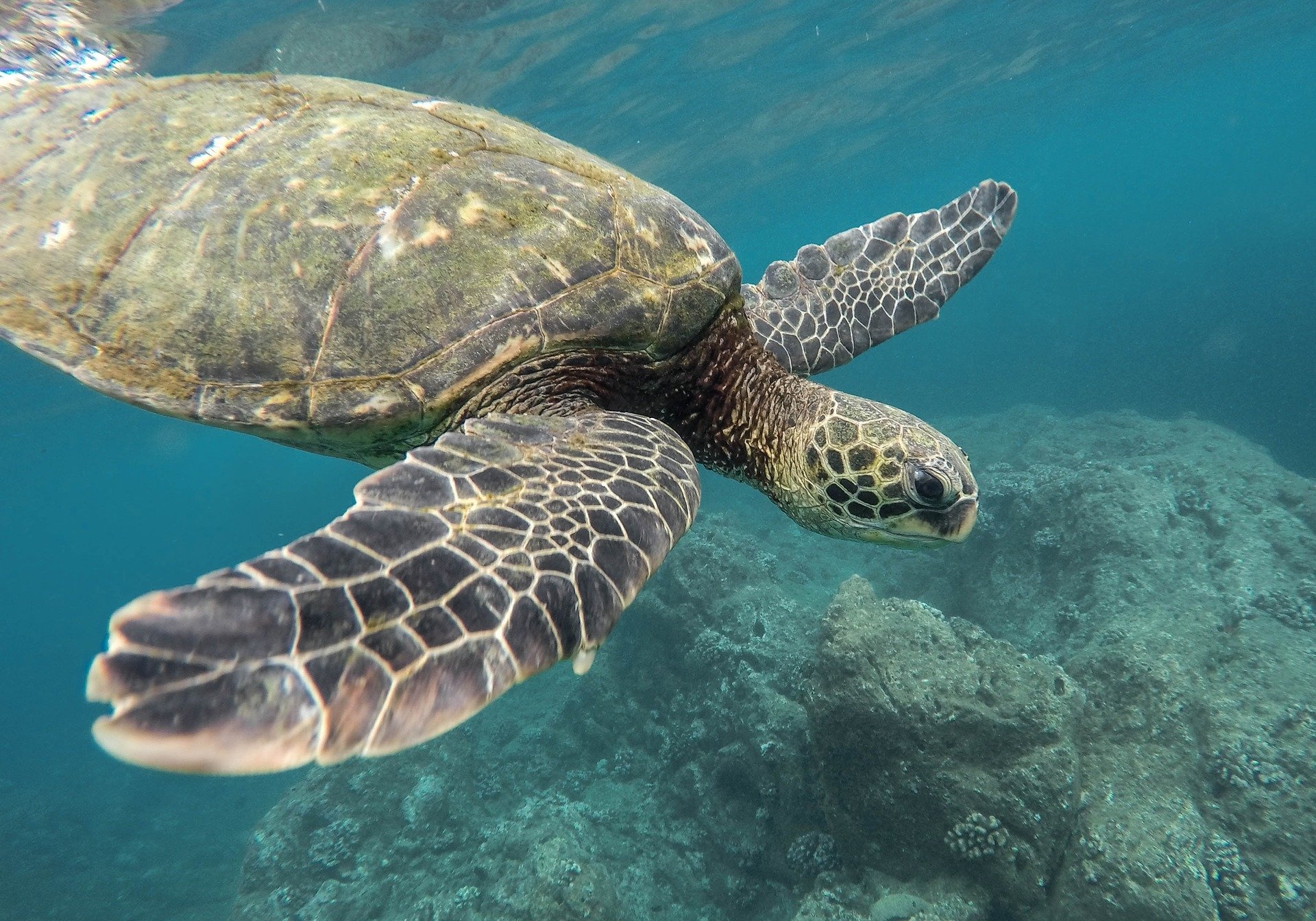Work Package 3.2

About:
The aim of this work package is to address the threat of eutrophication to coral reefs, which can both predispose and prevent recovery following temperature-driven coral bleaching’ (e.g., the 2016 event led to >95% coral death in some areas). Technology deployment by UK and India will allow investigation of historical change and source attribution using 15N techniques, while sharing reef monitoring protocols (inc. coral recruitment, predation) and strengthening capacity with Sri Lanka and the Maldives, with additional support through UN Environment, SACEP and IUCN. Comparison of uninhabited/populated atolls, supported by data on herbivorous fish stocks (inc. Laccadive, Andaman & Nicobar) in the context of ocean acidity, will help inform how much agricultural and waste-water measures could aid coral recovery. The comparison of the forest epiphyte and coral symbioses will inform both biological understanding and societal perceptions of ‘value’ in comparison to other key threats.
Work package level Specific objectives:
- Identify the impact of elevated nitrogen on the susceptibility of corals to temperature-induced bleaching
- Identify the impact of nitrogen on the recovery rate of reefs impacted by temperature-induced bleaching and other disturbances (sedimentation etc.)
- Identify the role of seagrass and mangroves on influencing nutrient cycling and hence the impact on adjacent coral reefs
- Identify atmospheric nitrogen inputs and impacts
- Identify and quantify the sources of nitrogen to our field-site reefs.
Work package level-specific questions or hypotheses
- Excess nitrogen as experienced in our field sites makes corals more susceptible to bleaching.
- Some corals (animal+symbiont) are more susceptible than others to this effect.
- Excess nitrogen inhibits the recovery of corals from bleaching (i.e., more likely to lead to mortality).
- Following mass mortality of a reef, excess nitrogen will impact coral recruitment (settlement rate, species, predation and competition)
- Local sources of pollution from land use and sewerage are likely to dominate over remote influences in the atoll context.
Work Package Leads:
- Naseer (MNU)
- Tudhope (UoE)
Partners:
- CEH
- University of Edinburgh
- Plymouth Marine Lab
- MNU
- National Centre for Sustainable Coastal Management
- NOC
- MEPA
- Maldives Resilient Reefs
- Marine Research Institute
- IUCN
